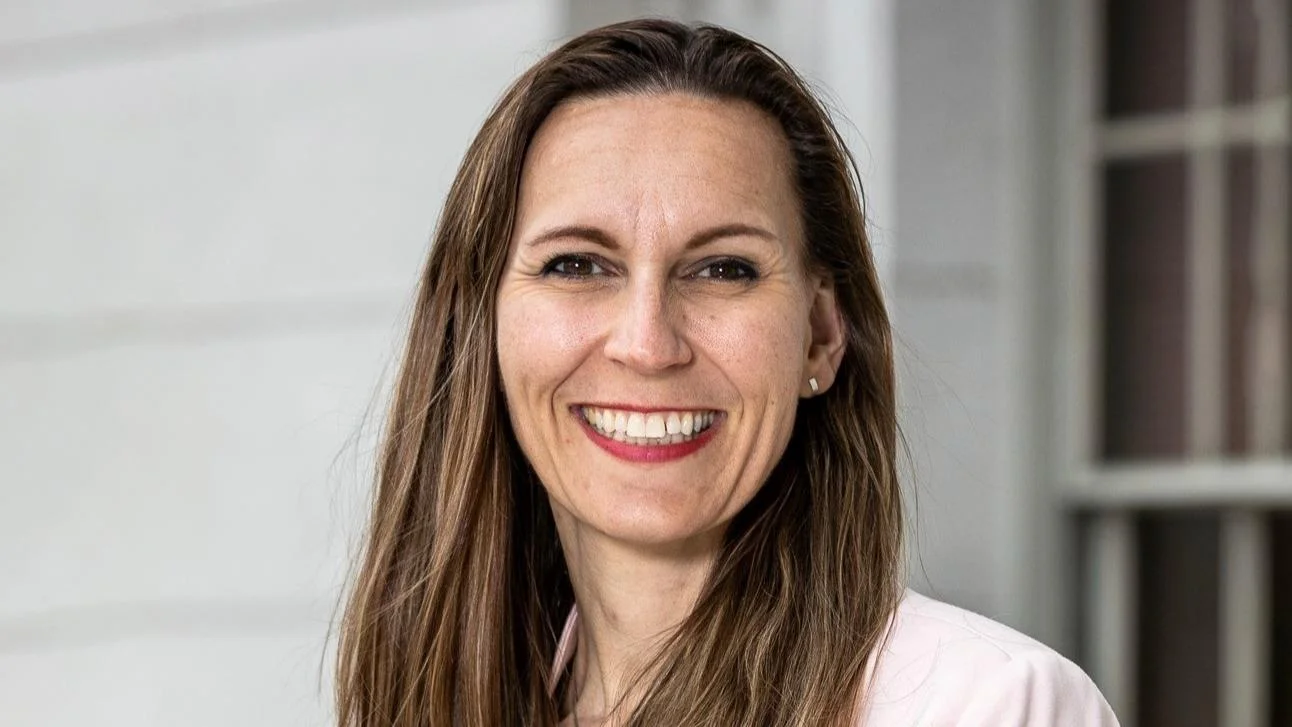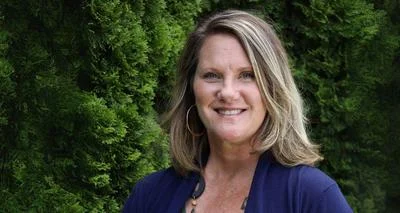Melissa Ratcliff, Wisconsin State Senator for 16th District | Facebook
Melissa Ratcliff, Wisconsin State Senator for 16th District | Facebook
According to the Wisconsin State Legislature's official website, the bill was described as follows: "grants to mental health clubhouses and making an appropriation. (FE)".
The following is our breakdown, based on the actual bill text, and may include interpretation to clarify its provisions.
In essence, this bill creates a grant program for mental health clubhouses, nonresidential rehabilitation programs that support individuals diagnosed with or awaiting diagnosis for mental illnesses. The Department of Health Services will award up to $300,000 annually, with a maximum of $50,000 per clubhouse, requiring these programs to self-fundraise a matching amount. Eligible clubhouses must offer voluntary services, maintain a distinct physical space, and involve members in administrative roles. The grant program will end after the 2029-30 fiscal year. The act takes effect post-publication or after the 2025 biennial budget act publication, whichever is later.
The bill was co-authored by Representative Paul Tittl (Republican-25th District). It was co-sponsored by Representative Elijah R. Behnke (Republican-6th District), Representative Lindee Rae Brill (Republican-27th District), and Representative Ryan M. Clancy (Democrat-19th District), along with nine other co-sponsors.
Melissa Ratcliff has co-authored or authored another 73 bills since the beginning of the 2025 session, with one of them being enacted.
Ratcliff graduated from Madison College in 2000.
Ratcliff, a Democrat, was elected to the Wisconsin State Senate in 2025 to represent the state's 16th Senate district, replacing previous state senator Melissa Agard.
In Wisconsin, the legislative process starts when a senator, constituent, group, or agency proposes an idea for a bill. After drafting, the bill is introduced, numbered, and referred to a committee for review and public input. If approved, it moves through three readings and votes in both the Senate and Assembly. Once both chambers pass the same version, the bill goes to the governor, who can sign it, veto it, or let it become law without a signature. Only a small share of bills introduced each session ultimately become law. You can learn more about the Wisconsin legislative process here.
| Bill Number | Date Introduced | Short Description |
|---|---|---|
| SB305 | 06/02/2025 | Grants to mental health clubhouses and making an appropriation. (FE) |
| SB282 | 05/29/2025 | Membership on the Board of Nursing |
| SB247 | 05/09/2025 | Local and private regulation of accessory dwelling units. (FE) |
| SB223 | 04/25/2025 | Discrimination in employment, housing, public accommodations, education, insurance coverage, national guard, jury duty, and adoption and in the receipt of mental health or vocational rehabilitation services |
| SB217 | 04/16/2025 | Eliminating the publication requirement for a name change petition seeking to conform an individual’s name with the individual’s gender identity |
| SB169 | 04/03/2025 | Privacy protections for judicial officers |






 Alerts Sign-up
Alerts Sign-up